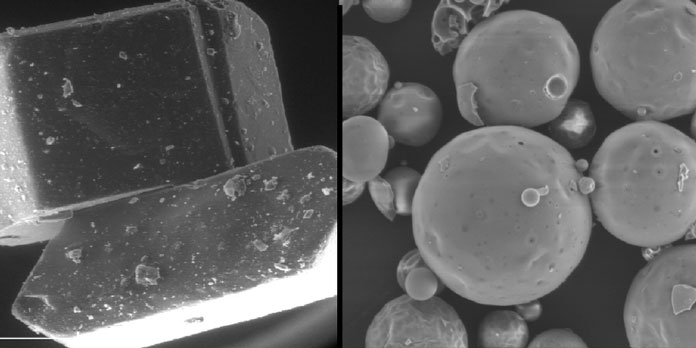Whenever you are going to have chocolate enriched products, you are having at least 34.7g of sugar per 100g. Many of us didn’t notice the amount of sugar present in a chocolate bar but actually we should. The effects which added sugars are having on both our general and dental health. It can be highly damaging if we consume it more frequently. Chocolate also provides high amounts of calories, fat, and sugar. However, so you should consume it only in moderation.
So, Nestle- a Switzerland-based food and drink company have decided to reduce the amount of sugar in chocolate by 40%. And, that’s the reason the company has created new kind of sugar i.e., fast-dissolving sugar.
Nestlé chief technology officer Stefan Catsicas said, “Using only natural ingredients, researchers found a way to structure sugar differently. So even while much less sugar is used in chocolate, the tongue perceives an almost identical sweetness to before.”
This fast-dissolving sugar consists of natural Integrands only. In addition, scientists constructed its structure differently. So, when much less sugar is used in chocolate, your tongue perceives an almost identical sweetness to before.

On the left, sugar crystals appear in their current structure. With the Nestlé innovation, sugar crystals appear as shown on the right, allowing your tongue to taste the same level of sweetness while consuming less sugar.
According to the company, this fast-dissolving sugar will accelerate Nestlé’s efforts to meet its public commitment to reducing sugar in its products.
Catsicas said, “It is one of a range of commitments the company has made on nutrition, which includes improving the nutritional profile of our products by reducing the amount of sugar, salt and saturated fat they contain and simultaneously increasing healthier nutrients such as vitamins, minerals, and whole grain.”
In 2015, the company reconstructed its recipes to achieve its objective to reduce the sugar content in breakfast cereals to 9g per serving. And they had decreased added sugar content by 18000t, or 4.1%, towards its objective of a 10% reduction.
Catsicas said, “However, the challenge for us lies in consistently providing tastier and healthier solutions that meet consumer preferences. Further, renovation work has been engaged, which we expect to generate additional reductions of 3.6%. To implement more lasting and impactful technological solutions in our factories, we may have to extend the work this commitment beyond 2016.“
